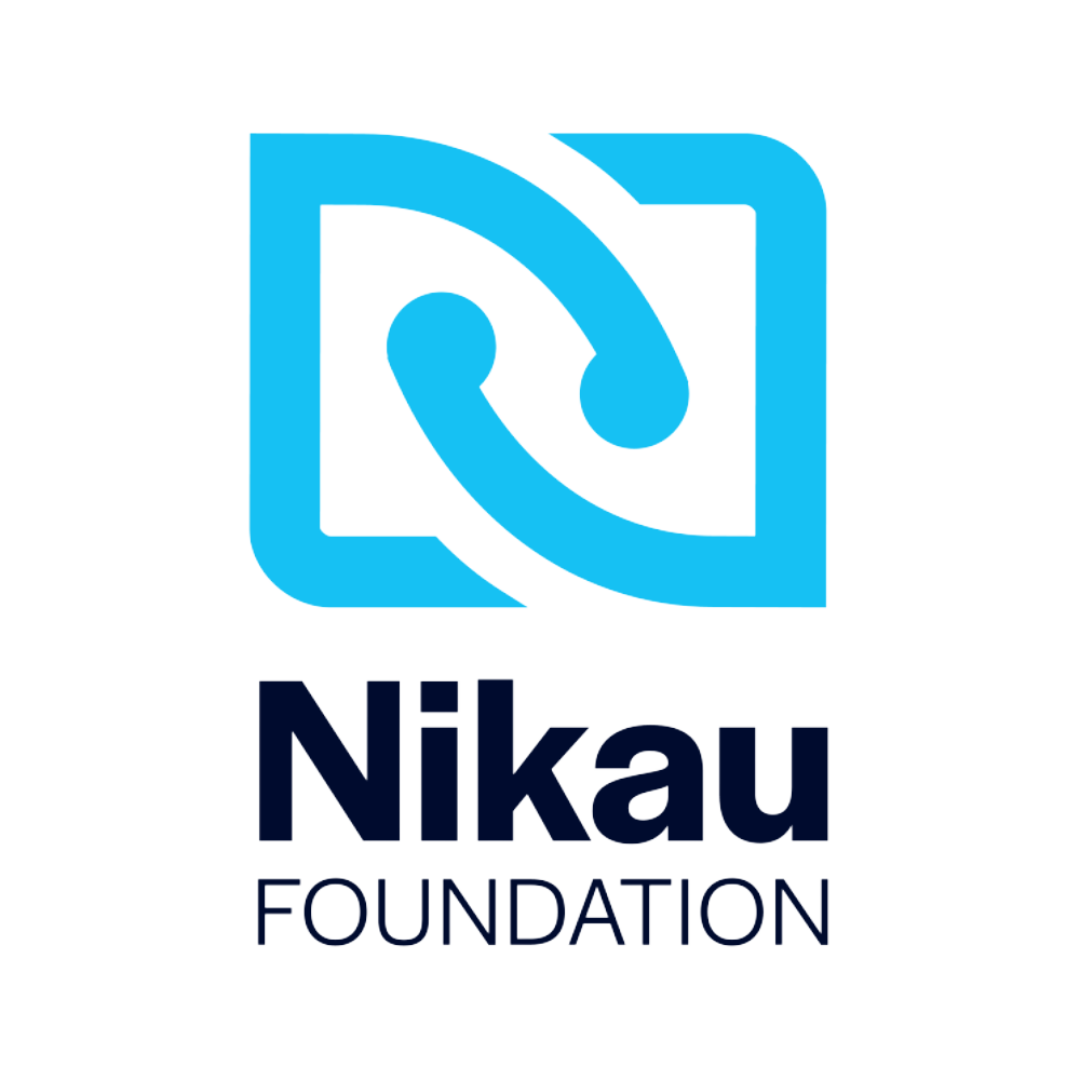Responsive support for our city’s most vulnerable.
As March 2020 dawned and the world shapeshifted into a new, socially distanced reality, many of us slowed down, channeling our newly acquired time into bread-baking, connection-making and rest-taking.
However, for organisations like the Suzanne Aubert Compassion Centre, aka the Compassion Soup Kitchen this period was dictated by a furious pace as they mobilised to meet the needs of our community while navigating new restrictions and escalating health anxiety. While their volunteer base was reduced to bare bones overnight, meal services were transitioned outdoors, new takeaway services were introduced, and teams were split into micro-shifts.
This dexterity was not new to the Centre. In fact, the ability to sidestep, transform and respond quickly is the common thread that has underpinned every impressive era of its 120-year history.
Ahead of her time
Acutely aware of the challenges of those less fortunate, Suzanne Aubert; also known as Meri Hohepa; the foundress of the Sisters of Compassion who had previously established a home for orphans in Hiruharama Jerusalem, north of Whanganui, arrived in Wellington in 1899.
Here she set up many progressive community services, such as a home for people with disabilities, a creche for children of working parents and a soup kitchen, which now operates from Tory Street, in response to the changing needs of the community.
Suzanne’s approach, summed up in the values of divine providence, simplicity, action with the poor, justice and partnership, is still very much mirrored in Compassion’s work today. Simplicity, in particular, is vital to what they do, says Volunteer Coordinator, Scott Tynan.
“Many of the people that we support here at the Soup Kitchen are dealing with very complicated lives,” he says. “They are often dealing with housing insecurity and mental and physical health challenges, so it’s important that we remain a consistent and simple presence.”
Suzanne Aubert.
Wrap-around services
More than just a pitstop to get a hot nutritious meal; which are provided twice daily, six days a week, Compassion aims to deliver wrap-around support to all visitors. “We try and uplift and support people, advocating for them whenever we can and helping them to see, and work towards, a pathway to whatever future they want for themselves,” says Scott.
This support comes in the form of social inclusion, referrals to other relevant social services and recreational activities, such as opportunities to volunteer in the Centre’s on-site garden. “Being able to give back to the Centre provides a dignity-preserving sense of reciprocity,” says Scott.
Most recently, as many of the visitors were affected by the tragic fire at Loafers Lodge, Compassion Kitchen’s dining space doubled as a grief support centre, providing counselling and mental health support services. It is this swift ability to think on their feet, and be there with what the community needs, exactly when they need it, that has become synonymous with Compassion.
Steadfast service delivery
As food insecurity becomes more and more of an issue, Compassion continues to proactively explore opportunities to future-proof and effect wider systemic change. While Compassion will always have a strong presence in Wellington City, they are currently looking to expand their reach. “We have started piloting a programme to deliver meals to marae, housing providers and community groups throughout the Greater Wellington region,” says Scott.
Additionally, facilitating a deeper connection between people and the food they are eating is quickly becoming a priority to address food insecurity. “We are looking at various ways to grow kai alongside and within the communities we support,” says Scott. “Connecting people to the communities around them through food is a great way to build greater resilience in our food systems and stronger community connections as a whole.”
Transformational funding
Being able to deliver an effective six day a week meal service to so many in our communities requires seamless logistical coordination and communication. Acknowledging this, the Suzanne Aubert Compassion Centre requested funding to upgrade their IT system.
“Whilst computers and internet access are not required to cook and serve meals, we need decent equipment to coordinate everything we do,” says Compassion Grants Fundraiser, Kirsty Prentice. “This includes creating volunteer rosters, grocery purchases, staff communications, rescue drop offs, coordinating food deliveries and communicating with external agencies.” Computers are also available to visitors to facilitate social connection, deliver programmes such as creative writing, connect them to key information and assist in the search for accommodation and employment.
Nikau Foundation was delighted to support, providing a $14,000 grant from the Kevin and Julia O’Connor Endowment Fund.
A lasting legacy
When Suzanne Aubert died in 1926, thousands of people lined the streets of Wellington to pay their respects and honour a woman who had dedicated her life to the Church and those less fortunate in our community.
It is widely acknowledged that it was the greatest-ever funeral accorded to a woman in Aotearoa New Zealand; a testament to her kindness, which continues to effect positive change now, and long into the future.




